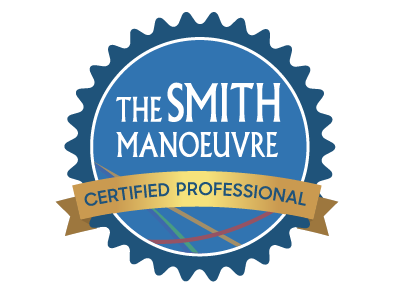New to Credit? Let’s Build a Solid Foundation
Starting from Scratch: How to Build Credit the Smart Way
If you're just beginning your personal finance journey and wondering how to build credit from the ground up, you're not alone. Many people find themselves stuck in the classic credit paradox: you need credit to build a credit history, but you can’t get credit without already having one. So, how do you break in?
Let’s walk through the basics—step by step.
Credit Building Isn’t Instant—Start Now
First, understand this: building good credit is a marathon, not a sprint. For those planning to apply for a mortgage in the future, lenders typically want to see at least two active credit accounts (credit cards, personal loans, or lines of credit), each with a limit of $2,500 or more, and reporting positively for at least two years.
If that sounds like a lot—it is. But everyone has to start somewhere, and the best time to begin is now.
Step 1: Start with a Secured Credit Card
When you're new to credit, traditional lenders often say “no” simply because there’s nothing in your file. That’s where a secured credit card comes in.
Here’s how it works:
- You provide a deposit—say, $1,000—and that becomes your credit limit.
- Use the card for everyday purchases (groceries, phone bill, streaming services).
- Pay the balance off in full each month.
Your activity is reported to the credit bureaus, and after a few months of on-time payments, you begin to establish a credit score.
✅ Pro tip: Before you apply, ask if the lender reports to both Equifax and TransUnion. If they don’t, your credit-building efforts won’t be reflected where it counts.
Step 2: Move Toward an Unsecured Trade Line
Once you’ve got a few months of solid payment history, you can apply for an unsecured credit card or a small personal loan. A car loan could also serve as a second trade line.
Again, make sure the account reports to both credit bureaus, and always pay on time. At this point, your focus should be consistency and patience. Avoid maxing out your credit, and keep your utilization under 30% of your available limit.
What If You Need a Mortgage Before Your Credit Is Ready?
If homeownership is on the horizon but your credit history isn’t quite there yet, don’t panic. You still have a few options.
One path is to apply with a co-signer—someone with strong credit and income who is willing to share the responsibility. The mortgage will be based on their credit profile, but your name will also be on the loan, helping you build a record of mortgage payments.
Ideally, when the term is up and your credit has matured, you can refinance and qualify on your own.
Start with a Plan—Stick to It
Building credit may take a couple of years, but it all starts with a plan—and the right guidance. Whether you're figuring out your first steps or getting mortgage-ready, we’re here to help.
Need advice on credit, mortgage options, or how to get started? Let’s talk.






